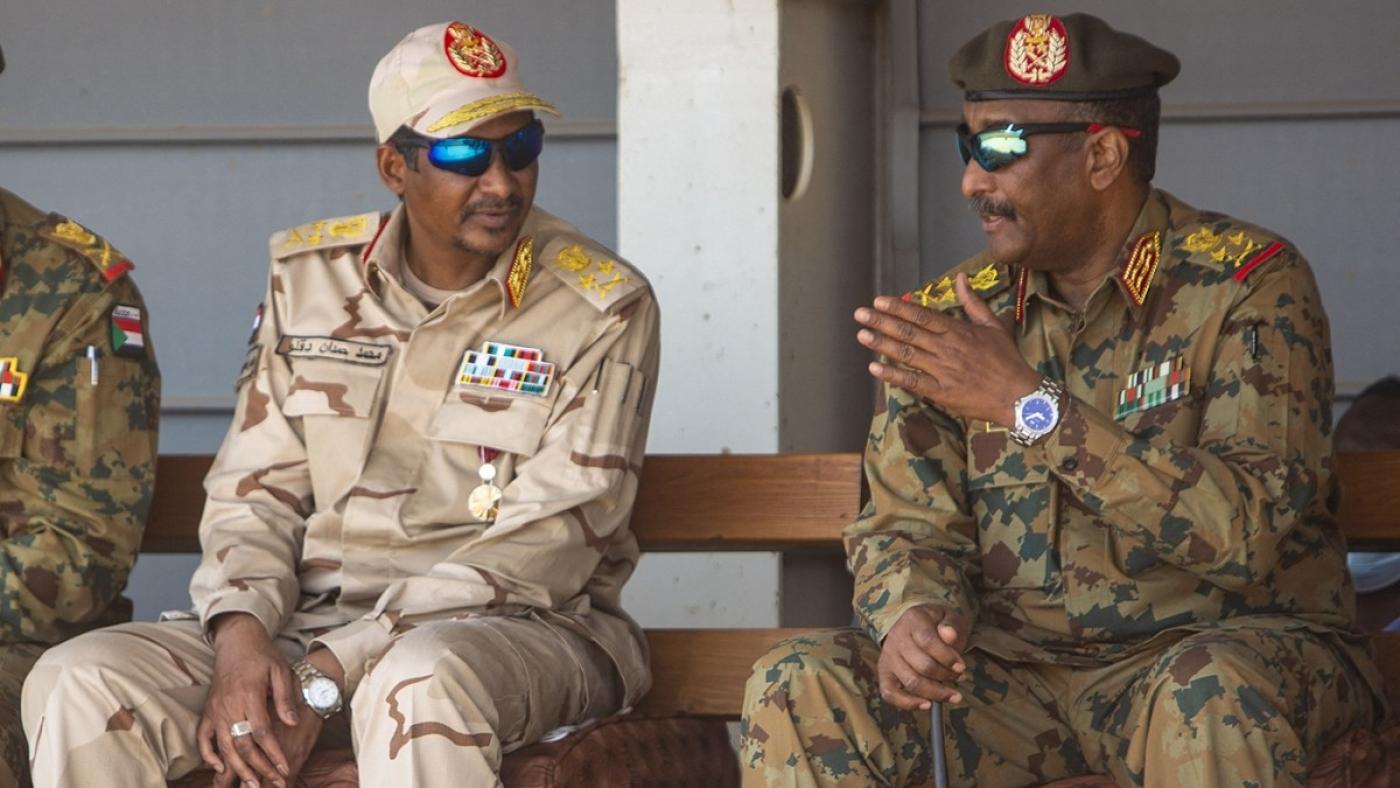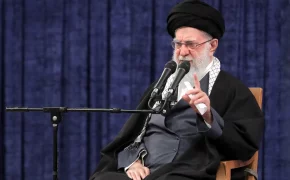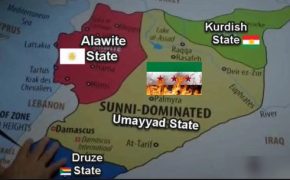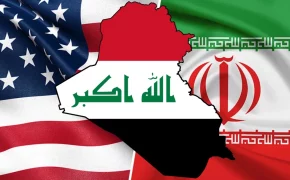Responses To Key Questions On Latest DevelopmentsIn Sudan And A Coup In The African State

Who are the warring parties in Sudan?
Sudan’s today confrontations erupted between Chairperson of the Sovereign Council and Commander-in-Chief of the Sudanese Army General Abdel Fattah al-Burhan and Deputy Head of Sudan’s ruling Sovereign Council and commander of Sudan’s Rapid Support Forces (RSF) General Mohamed Hamdan Dagalo, generally referred to as Hemetti.
What is the reason behind the clashes?
The power struggle and disputes between Hemetti and al-Burhan are the main causes of the conflicts. According to an accord between civil groups and the ruling Sovereign Council in order to resolve the existing political crisis, which was achieved on December 5, 2022, all armed groups especially the Rapid Support Forces should be integrated into armed forces of Sudan in a determined period, and no militia is allowed to be formed in the country.
Who is ruling Sudan’s government?
At present, the government of Sudan is under the control of General Abdel Fattah al-Burhan, and the transitional government of Sudan has not had any sort of special might since the second coup by the country’s army.
What is the root cause of the crisis in Sudan?
In 2019 coup d’état by Sudan’s Army against the then government of the African country, the then President of Sudan Omar al-Bashir was toppled and Abdalla Hamdok was appointed as the prime minister of the transitional government to take the helm for three years. Furthermore, Sudan’s Transitional Sovereignty Council was formed, consisting of 11 members including military officials and politicians (in cooperation with the Army); of course one of its seats has been empty because of their failure in electing a representative from the eastern Sudan.
Hamdok’s transitional government, which was formed in 2019 in cooperation with the Army and the Forces of Freedom and Change (FFC) coalition, faced a second coup by the Sudanese Army in October 2021. The second coup d’état was faced with protests by the Sudanese people and pro-government groups; so, the coup doomed to fail; and then on December 5, 2022, political and military groups influenced by top commanders of the army reached a consensus to form a 24-month transitional period, which was accepted to be started from the election of a transitional prime minister. However, the process faced power struggle and clashes between Hemetti and al-Burhan; therefore, the fate of Sudan will still wait for other transformations.
Read more:
Protests against the Sudanese Army’s coup
Another Coup d’état in Sudan




Comment